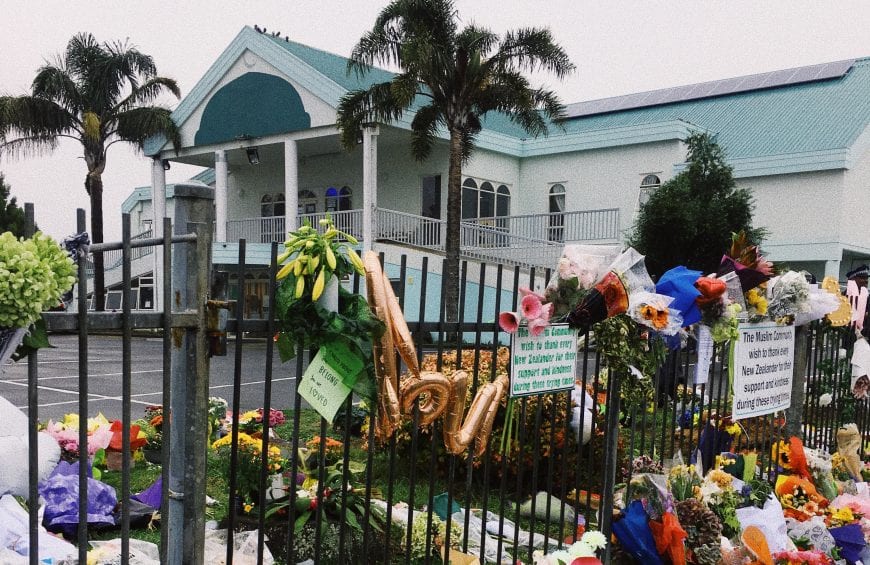Oxfam Great Britain has today welcomed and accepted the UK Charity Commission’s judgment following its investigation into serious sexual misconduct by members of Oxfam Great Britain staff in Haiti in 2011.
Oxfam Great Britain has apologised for its failings in its investigation and case management at the time and, as Executive Director of Oxfam International, I underline Oxfam Great Britain’s apologies and reaffirm the organisation’s abhorrence for, and zero tolerance of, abusive behaviour, sexual or otherwise.
It is a violation of everything Oxfam stands for. I would like to restate our confederation’s collective commitment to keep working hard to transform our workplace culture and improve safeguarding systems.
While this was the UK charity regulator’s report into Oxfam’s Great Britain affiliate, it is clear we can only challenge these abuses if we do it together as an international confederation.
In this light, I look forward to tomorrow’s publication of the final report of the Independent Commission On Sexual Misconduct, Accountability and Culture Change.
Oxfam set up the Independent Commission in February 2018 and gave it a full mandate – independently and publicly – to investigate Oxfam’s work and to highlight what more we needed to do.
The Commission was joined by eminent human rights leaders, including a former Women’s Minister in Haiti and a global expert on Sexual Violence in Conflict.
The UK Charity Commission and the Independent Commission – despite their different mandates – are both helping us tremendously, by holding us to account and providing advice, as we work to become an organisation in which every person feels safe, respected and dignified.
While we have made significant progress this last year, we are on a long journey of learning and improvement and we know that we have a lot more to do. We will continue to humbly listen, to understand and to change.
Winnie Byanyima, Oxfam International Executive Director, 11 June, 2019
Notes:
To read the report, visit the UK Charity Commission’s website to read the report.
Read more about the action Oxfam has taken to improve safeguarding policies and practices and to transform our organisational culture.









